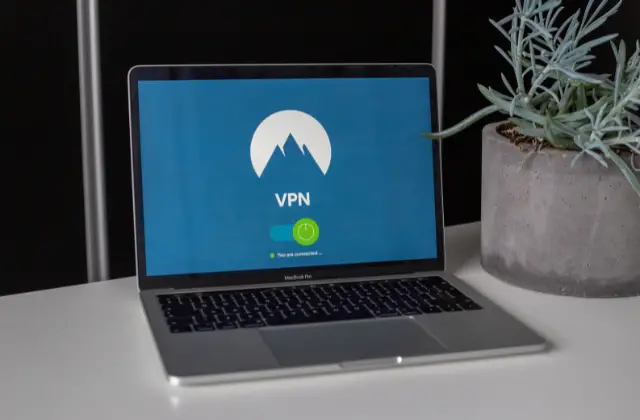We all want to do things faster. But each connection to the internet reports to its own digital overlord. That includes the tech manufacturers, business associates, and advertising partners.
Increasingly, personal data finds its way to bad actors, resulting in an unprecedented increase in fraud, stolen identities, and cyber scams. Fortunately, it’s not that hard to be safer and more private online. It starts with small, basic steps.
Good Security Starts With Good Privacy
Digital security, or cybersecurity, means securing your devices and accounts against hackers or other unauthorized access. Privacy, on the other hand, means stopping people or companies (including Big Tech) from monitoring your activities.
Unfortunately, intimate digital data from web tracking and snooping has become so easily available that our lack of privacy is starting to endanger our cybersecurity.
3 Practical Daily Privacy Tips
Data breaches are far more common than people think. It’s not just big banks or powerful companies that get breached. Cybercriminals regularly breach smaller businesses because they have fewer cyber defenses. However, these three privacy tips can help you:
- Small businesses aren’t immune. Be cautious about sharing personal details with service providers like your gym or wellness spa, as they may lack strong cybersecurity.
- Think before you share. Avoid oversharing lifestyle habits or following random social media accounts that could expose personal data.
- Read before you agree. Terms and conditions often reveal how companies use your data — generic policies usually mean your information is used for marketing.
6 Practical Daily Security Tips
- Use a VPN (Virtual Private Network). A VPN encrypts each device’s connection and makes it harder to take over one of your devices. For better privacy, you should install an Android or iOS VPN on each device. You can choose a different server location for different services. For example, you can connect to a server in your home city on your laptop for shopping. At the same time, you can find the best VPN and connect to a European city to live-stream sports games.
- Set up encryption on your devices. This step will lock away sensitive information like work files, emails, and texts. Encryption scrambles the contents of the files, making them indecipherable to someone who tries to read them without using the correct decryption keys.
- Install a good antivirus on each device. Also, install an antivirus on your home Wi-Fi router, which can close unauthorized incoming connections and block certain types of malware.
- Review your login and password habits. You know your passwords should be long, strong, and complex. Sadly, that also makes it almost impossible to remember them. Use a good password manager to help you.
- Add two-factor authentication (2FA). You’ll have to keep your phone or laptop with you to make sure you receive the authentication notification, but it is much safer. The alternative is getting a physical USB key that you can carry with you.
- Turn on automatic updates on all your devices. Updates contain important security patches to protect you against new cyber exploits.
Pump up Privacy Measures To Enhance Your Digital Security
Every day, we share a large amount of personal data online. Each interaction is an opportunity for a hacker or fraudster to snatch our login details and other sensitive information.
Fortunately, basic measures can go a long way. For better cybersecurity, get an antivirus, VPN, and password manager and make them a routine part of your day.

